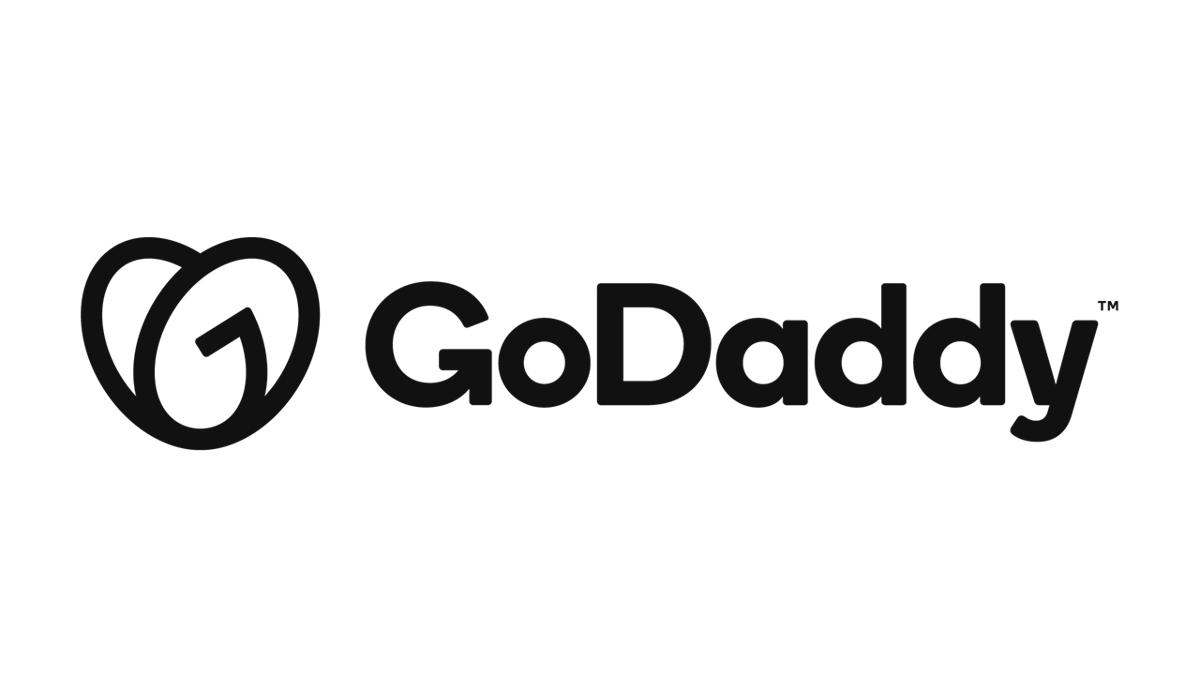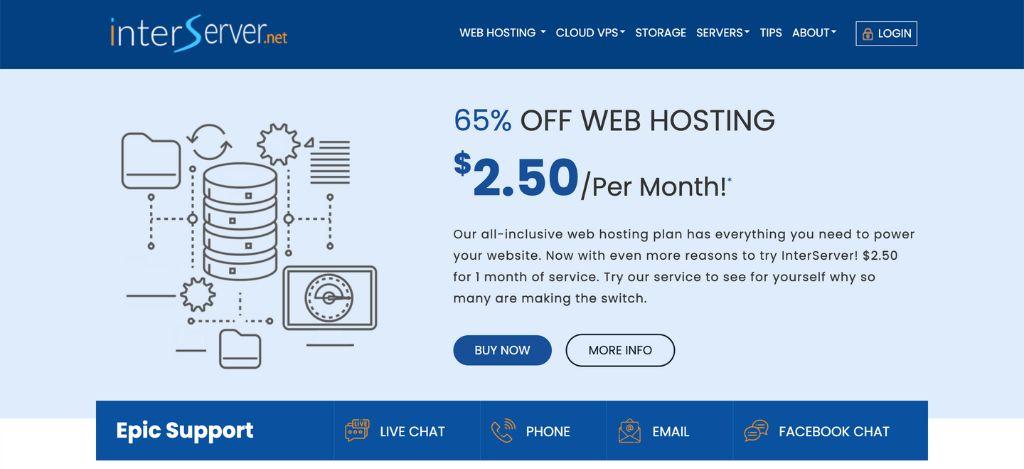When it comes too building a website, choosing the right hosting provider can make or break your online presence. With so many options out there, two names often rise to the top: Bluehost and GoDaddy. Both of these giants offer a range of hosting plans that can cater to everyone from the casual blogger to the growing business. But how do they stack up against each othre? In this article, we’ll dive deep into the hosting plans and pricing of both Bluehost and GoDaddy, breaking down the features, pros, and cons of each. Whether you’re just starting out or looking to upgrade your current hosting setup,our detailed analysis will help you make an informed decision that best suits your needs. So, let’s roll up our sleeves and see wich hosting provider truly deserves a spot on your shortlist!
Understanding the Basics of Bluehost and GoDaddy Hosting Plans
When it comes to choosing a hosting provider, understanding the different offerings from Bluehost and GoDaddy is crucial. Both companies have established themselves as leaders in the hosting industry, but their plans cater to different needs. Let’s break down the core features and pricing structures that each offers to help you make an informed decision.
Bluehost is known for its user-friendly interface and strong integration with WordPress. Their hosting plans generally include:
- Free domain for the first year
- 24/7 customer support via phone, chat, and email
- Free SSL certificate for enhanced security
- 1-click WordPress installation for quick setup
Bluehost’s pricing is competitive, especially for new customers.Here’s a simplified pricing table showcasing their popular plans:
| Plan | Price (per month) | Key Features |
|---|---|---|
| Basic | $2.95 | 1 website,50 GB storage,free SSL |
| plus | $5.45 | Unlimited websites, unlimited storage |
| Choice Plus | $5.45 | Includes domain privacy, unlimited websites |
On the other hand, GoDaddy is a robust option known for its extensive range of services beyond hosting. Their plans are slightly more diverse and include features like:
- Free Microsoft 365 email for the first year
- Expert 24/7 support through various channels
- Flexible billing cycles to accommodate different budgets
- One-click installs for a variety of applications
GoDaddy’s pricing is structured to appeal to a wide audience. Below is a comparison of their main hosting plans:
| Plan | Price (per month) | Key Features |
|---|---|---|
| Economy | $2.99 | 1 website, 100 GB storage, free domain |
| Deluxe | $4.99 | Unlimited websites, unlimited storage |
| Ultimate | $5.99 | Includes free SSL and enhanced performance |
Ultimately, the choice between Bluehost and GoDaddy will depend on your specific needs.If you prioritize a seamless WordPress experience and strong customer support, Bluehost might potentially be your best bet. For those looking for a more extensive service with the adaptability of various tools and resources, GoDaddy stands out as a robust alternative. By weighing these options carefully, you can select a hosting plan that aligns perfectly with your goals.
![]()
Comparing Pricing Strategies: Which Offers More Value for Your Money
When evaluating web hosting options, the pricing strategies of Bluehost and GoDaddy are crucial to understanding which provider offers the best value for your money. Both companies present a variety of plans that cater to different needs, but the nuances in their pricing can significantly impact your overall experience and budget.
Bluehost is well-known for its introductory offers,often featuring low starting prices for the first term. Typically, their basic shared hosting plan starts at $2.95/month when you commit to a three-year term. This appealing price point is complemented by a wide range of features, including:
- Free domain for the first year
- 24/7 customer support
- WordPress integration
- 30-day money-back guarantee
- SSL certificate included
On the other hand, GoDaddy also offers competitive pricing, but their plans can become pricier as the renewal period approaches. Their basic shared hosting plan starts at approximately $5.99/month, which is higher than Bluehost’s introductory offer.However, GoDaddy’s pricing strategy includes features such as:
- One-click install for various applications
- Robust uptime guarantees
- Free business email for the first year
- Integrated website builder
- Scalable options for growth
To visualize the differences more clearly, here’s a simple comparison table of the initial pricing and key features:
| Feature | Bluehost | GoDaddy |
|---|---|---|
| Starting Price | $2.95/month | $5.99/month |
| Free Domain | Yes | No |
| SSL Certificate | Included | Paid add-on |
| Customer Support | 24/7 Support | 24/7 Support |
Ultimately, choosing between Bluehost and GoDaddy comes down to your specific needs and long-term goals. if you’re looking for the best initial deal with a robust set of features, bluehost might be the way to go. However, if you prefer a more scalable solution with a strong uptime reputation, GoDaddy could be the better fit, albeit at a higher initial price. Always consider not just the cost but the overall value each provider brings to your hosting experience.

Evaluating Performance and Uptime: Who Comes Out on Top
When it comes to performance and uptime, both Bluehost and GoDaddy have made notable strides, but they cater to different needs and expectations. Uptime is crucial for any website, as even a few minutes of downtime can lead to lost business and reduced customer trust. Let’s take a closer look at how these two giants stack up against each other in terms of reliability and speed.
Bluehost boasts a solid uptime track record, consistently hovering around 99.98%. this reliability is backed by robust infrastructure and a commitment to customer satisfaction. Their use of SSD storage not only enhances loading times but also improves overall site performance. In fact, many users report fast loading speeds, which is vital for SEO and user experience.
GoDaddy, on the other hand, also claims a commendable uptime of 99.97%. While this is slightly behind Bluehost, it’s still within industry standards. Though, users have noted varying levels of performance depending on the specific hosting plan chosen. Their shared hosting plans sometimes lag in speed, particularly during peak usage times, making it essential to consider higher-tier options if performance is a primary concern.
| Feature | bluehost | GoDaddy |
|---|---|---|
| Uptime Guarantee | 99.98% | 99.97% |
| Average Load Time | 0.53 seconds | 0.72 seconds |
| Free CDN | Yes | No |
Another factor to consider is customer support during downtime. Bluehost offers 24/7 support through various channels, including chat, phone, and email, allowing users to address issues swiftly. GoDaddy provides similar support options, but some users have reported longer wait times and less effective resolutions. This difference can be crucial when your website’s performance hangs in the balance.
while both Bluehost and GoDaddy present strong uptime statistics, Bluehost appears to take the lead in performance metrics and support. If maintaining top-notch reliability and speedy loading times is your priority, choosing a provider that consistently delivers on these metrics will make a significant difference in your online presence.

Customer Support Showdown: Finding the Best Help when You Need It
When it comes to web hosting,extraordinary customer support can make all the difference. Both Bluehost and GoDaddy claim to offer robust support services, but how do they stack up against each other? Let’s dive into the details.
Bluehost prides itself on its customer service, offering 24/7 support through various channels:
- Live chat
- Phone support
- Email support
- Comprehensive knowledge base
Users frequently praise Bluehost for the responsiveness and friendliness of its support staff, making troubleshooting a much less daunting task.
On the other hand, GoDaddy also provides 24/7 customer support but with a few distinct features:
- Phone support available in multiple languages
- Live chat and email options
- Extensive FAQ section and guides
However, some users have reported longer wait times for GoDaddy’s support compared to Bluehost, which can be frustrating during critical moments.
| Feature | Bluehost | GoDaddy |
|---|---|---|
| Support Channels | Live chat, Phone, Email | Live chat, phone, Email |
| Support Availability | 24/7 | 24/7 |
| Response Time | Fast | Varied |
| User Satisfaction | High | Moderate |
Ultimately, the choice between Bluehost and GoDaddy may hinge on the type of support you value most. If immediate assistance and friendly service are priorities, Bluehost shines brightly. Simultaneously occurring, if multilingual support is a necessity, GoDaddy has gone above and beyond in that area. Whatever your preference, don’t underestimate the importance of reliable customer support in your hosting decision.
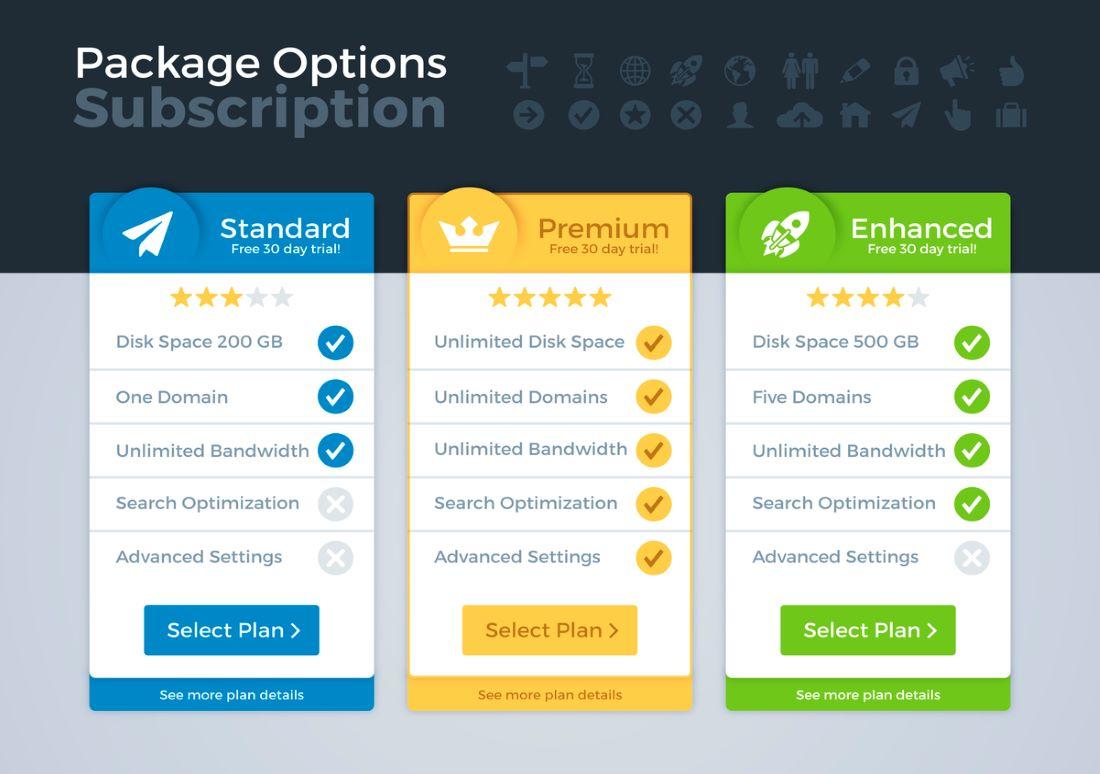
Exploring Features: What Each Hosting Plan Brings to the Table
When it comes to choosing a web hosting service, both Bluehost and GoDaddy offer a range of plans that cater to different needs. Understanding the unique features of each plan can help you make an informed decision that aligns with your goals. Let’s dissect what each of these providers brings to the table.
Bluehost:
- Free Domain for One Year: enjoy a complimentary domain registration with your hosting plan, giving you a head start in establishing your online presence.
- 24/7 customer Support: Access to expert support around the clock ensures that you are never left in the dark, regardless of when issues arise.
- WordPress Integration: With a focus on wordpress hosting, Bluehost offers one-click installs and tailored features that make it a favorite among bloggers and small businesses.
- Enhanced Security Features: SSL certificates and site backups are included, enhancing your site’s security effortlessly.
GoDaddy:
- Flexible Hosting Options: Choose from shared, VPS, dedicated, or managed WordPress hosting depending on your specific needs, offering great scalability.
- Website Builder: GoDaddy includes an easy-to-use website builder, perfect for those who prefer a more visual approach to creating their site.
- Marketing tools: Benefit from integrated marketing tools, such as SEO management and email marketing, to promote your online presence effectively.
- 24/7 Expert Support: Similar to Bluehost, GoDaddy offers round-the-clock assistance to help troubleshoot any issues that may arise.
| Feature | Bluehost | GoDaddy |
|---|---|---|
| free Domain | Yes, for 1 year | No |
| Website Builder | Basic included | Comprehensive tools |
| Customer Support | 24/7 Support | 24/7 Support |
| Security Features | Free SSL, daily backups | SSL, optional backups |
both Bluehost and GoDaddy offer a rich array of features across their hosting plans. If you’re focused on WordPress hosting with added security features, Bluehost might just be your best bet. However, if a flexible approach with extensive marketing tools is what you’re after, GoDaddy could be the way to go. It ultimately depends on your specific needs and long-term goals.
Easy Setup and User Experience: Making Your Choice Simpler
When it comes to web hosting, ease of use can make or break your experience, especially if you’re a beginner or running a small business. both Bluehost and GoDaddy strive to provide a user-friendly interface, but they each have their unique strengths that can simplify your setup process.
Bluehost takes the lead with its intuitive dashboard and one-click installations for popular platforms like WordPress. This means that you can have your website up and running in just a few minutes without any technical expertise.Their setup wizard guides you through every step, making it feel like a breeze.Plus, the customer support team is readily available via chat or phone, ensuring that help is just a click away whenever you need it.
GoDaddy, on the other hand, offers a streamlined setup process that’s equally impressive. Their user interface is designed for efficiency, allowing users to manage multiple domains and hosting plans from a single account effortlessly. The GoDaddy Website Builder integrates with their hosting plans, enabling you to drag and drop your way to an attractive site. This approach is particularly appealing for those who prefer a more visual method of creating their online presence.
| Feature | Bluehost | GoDaddy |
|---|---|---|
| Setup Wizard | Yes, user-friendly | No, more manual |
| One-Click Install | Yes, for WordPress | Limited |
| Support Availability | 24/7 via chat & phone | 24/7 via chat & phone |
| Website Builder | Not included | included |
Both providers understand that the user experience goes beyond just the setup. Bluehost’s emphasis on support means you can focus on growing your website without the fear of getting stuck.Meanwhile, GoDaddy’s comprehensive management tools ensure that you can handle your hosting needs with minimal hassle. As you weigh your options, consider how each platform aligns with your workflow and preferences.
Ultimately, the choice between Bluehost and GoDaddy will hinge on what you prioritize in your hosting experience.If you value a straightforward setup process and dependable support, Bluehost may be the ideal fit. Conversely, if you’re drawn to a more hands-on approach with easy website building tools, GoDaddy could be your go-to choice. Either way, both aim to make your hosting journey as effortless as possible.
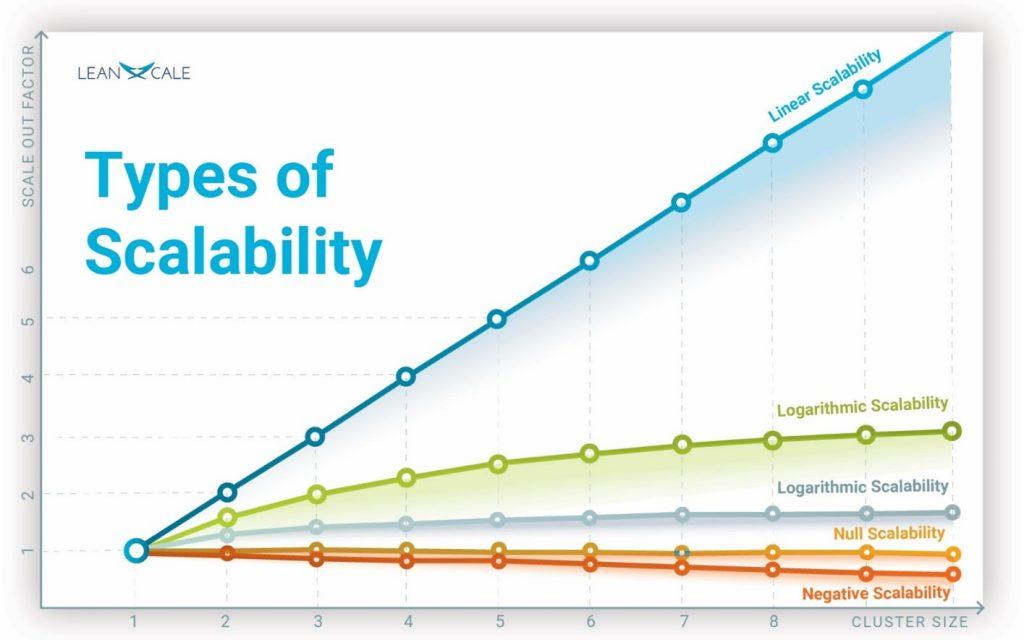
Scalability Options: Preparing for Your Websites Growth

Analyzing Security Measures: Keeping Your Site Safe and Secure
Security Measures: Keeping Your Site Safe and Secure
When choosing a hosting provider, one of the most critical factors to consider is the robustness of their security measures. A secure hosting environment not only protects your website from hacks and data breaches but also builds trust with your visitors. Both Bluehost and GoDaddy offer varying degrees of security features, so let’s delve into what each has to offer.
Bluehost provides an array of security tools designed to ensure your website remains safe. Here are some of the standout features:
- Free SSL Certificate: Encrypts data between your site and users,enhancing security and improving SEO.
- Malware Detection and Removal: Regular scans and automatic removal of malware keep your site clean.
- SiteLock Integration: Offers real-time monitoring and vulnerability scanning for comprehensive protection.
- Sue-based Protection: Shields your domain from unauthorized access and spamming.
On the other hand,GoDaddy is known for its user-friendly approach and solid security offerings. Here’s what you can expect:
- Free Domain privacy: Keeps your personal data private, shielding you from spammers and identity theft.
- Daily Malware Scans: Automated scans help detect threats before they escalate.
- Website Backup: Regular backups ensure that you can quickly restore your site if something goes wrong.
- SSL Certificates: Multiple options are available, making it easy to find the right level of encryption for your needs.
When comparing the security measures of Bluehost and GoDaddy, both providers have their merits. As an example, Bluehost’s integration with SiteLock is a significant advantage for users who require comprehensive site security. However, GoDaddy’s domain privacy and automated backup solutions make it an appealing choice for those prioritizing personal information protection. Ultimately, the right choice depends on your specific needs and the extent of security you desire for your online presence.
| Feature | Bluehost | GoDaddy |
|---|---|---|
| Free SSL Certificate | ✔️ | ✔️ |
| Malware detection | ✔️ | ✔️ |
| Daily Backups | No | ✔️ |
| Domain Privacy | No | ✔️ |
As you weigh your options, consider how each provider’s security features align with your business goals and customer expectations. Investing in a hosting service with strong security measures is not just a preventive step; it’s a commitment to your users that their data is safe, ultimately enhancing your brand’s reliability.

Final Recommendations: Choosing the Right Host for Your Needs
When it comes to selecting the ideal hosting provider, both Bluehost and GoDaddy present compelling options, but your choice should ultimately align with your specific needs and goals. Here are some key factors to consider before making your final decision:
- Type of Website: Are you launching a personal blog, an e-commerce site, or a business portfolio? Bluehost is frequently enough favored for WordPress hosting, while GoDaddy offers a more versatile range of services that include domain registration and various hosting types.
- Budget: Both providers have budget-friendly plans, but GoDaddy frequently runs promotional offers. Evaluate your long-term budget; ensure the renewal rates are manageable, as initial prices can sometimes be misleading.
- Customer Support: Consider how important 24/7 customer support is for your operations. Bluehost is known for extensive resources and knowledgeable staff, while godaddy’s support is also reliable but may vary in response time.
Another crucial element is the performance and uptime guarantees. Bluehost boasts a solid uptime record, which is vital for maintaining website accessibility. Conversely, GoDaddy has made significant improvements in this area, often providing competitive uptime rates. Before you decide, look into the most recent performance reviews and user feedback.
Additionally, assess the scalability of the hosting solution. Are you expecting rapid growth? If so, both providers offer plans that can accommodate scaling; though, their upgrade processes and fees can differ significantly. Research the ease of transitioning to a more advanced plan without major disruptions or excessive costs.
| Feature | Bluehost | GoDaddy |
|---|---|---|
| Best For | WordPress Sites | Domains & versatile Hosting |
| Starting Price | $2.95/month | $2.99/month |
| Uptime Guarantee | 99.9% | 99.9% |
| Customer Support | 24/7 Live Chat | 24/7 Phone Support |
Ultimately, your choice hinges on what matters most to you. If you prioritize user-friendly WordPress integration, Bluehost might potentially be your best bet. However,if you’re looking for affordability and diverse hosting options,you might find GoDaddy more appealing. whichever path you choose, ensure it aligns with your long-term vision and immediate needs for optimal results.
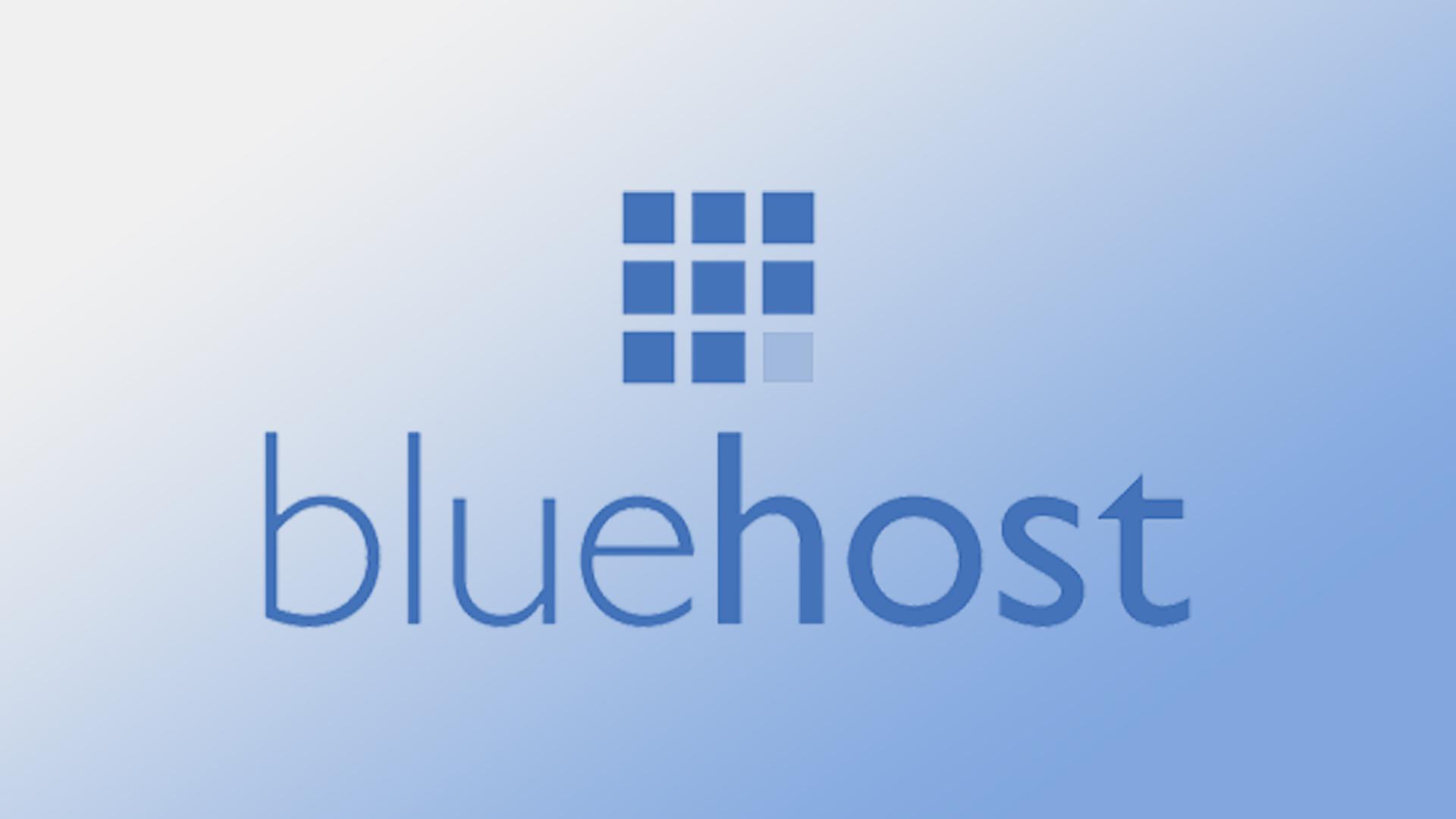
Wrapping It Up: the Key Takeaways from the Bluehost vs GoDaddy Debate
When comparing Bluehost and GoDaddy,several factors emerge that can significantly influence your choice of web hosting. Both providers have their strengths, but understanding these can help you make an informed decision tailored to your needs.
Performance and Uptime: In terms of reliability,both Bluehost and GoDaddy offer commendable uptime rates,typically around 99.9%. However, user feedback often highlights Bluehost for its consistent performance, especially for WordPress hosting. If speed and stability are high on your priority list, Bluehost might have the upper hand.
Pricing and Value: Pricing is a crucial aspect when assessing hosting services. While GoDaddy often advertises low introductory rates, many users feel that Bluehost provides better overall value due to its more inclusive features. Here’s a quick comparison:
| Feature | Bluehost | GoDaddy |
|---|---|---|
| Starting Price | $2.95/month | $5.99/month |
| Free Domain | Yes | Yes |
| SSL Certificate | Free | Free |
| Customer Support | 24/7 Support | 24/7 Support |
| Money-Back Guarantee | 30 Days | 30 Days |
Customer Support: Both companies offer robust customer support,but users often rave about Bluehost’s assistance,especially when it comes to WordPress-related queries. Their support team is frequently praised for its knowledge and responsiveness, making it a key consideration for those who value help when needed.
features and Add-ons: Depending on your project requirements, the range of features might sway your decision. Bluehost tends to include more comprehensive packages with their plans, such as free website builders and marketing credits. GoDaddy might require more add-ons, which can lead to higher overall costs down the line.
Ultimately, the choice between Bluehost and GoDaddy boils down to your specific needs and preferences. consider what aspects of hosting matter most to you—be it price, support, or features—and weigh those against what each provider offers. making a choice informed by these insights will set you on the right path for your online presence.
Frequently Asked Questions (FAQ)
Q&A: Bluehost vs. GoDaddy – Deep Analysis of Hosting Plans and Pricing
Q1: What are the main differences between Bluehost and GoDaddy hosting services?
A: Great question! Bluehost and GoDaddy are two of the biggest names in the hosting industry, each offering unique features. Bluehost is often praised for its user-friendly interface, especially for beginners, and is officially recommended by WordPress.On the other hand, GoDaddy offers a vast array of services beyond hosting, including domain registration and a powerful website builder. Depending on your needs—whether it’s ease of use or a comprehensive suite of services—one might be more suitable than the other.
Q2: Which hosting plan should I choose if I’m just starting out?
A: If you’re a beginner, Bluehost’s Basic plan is a fantastic choice. It provides a free domain name for the first year, SSL certificate, and 24/7 support—all at an affordable price. GoDaddy’s Economy plan is also beginner-friendly, but it tends to have less generous features initially, such as limited storage. Bluehost might give you a smoother start without overwhelming you with options.
Q3: How do the pricing structures compare between bluehost and GoDaddy?
A: Pricing can be a little tricky! Bluehost often has low introductory rates that can be very appealing. For instance, their Basic plan starts around $2.95 per month if you commit to a longer-term plan. GoDaddy also has attractive introductory prices, but watch out for renewal rates—they can be significantly higher. So, while the initial cost might draw you in, be sure to consider what you’ll pay down the line!
Q4: What about performance and uptime? Which host is more reliable?
A: Both Bluehost and GoDaddy boast impressive uptime rates, generally around 99.9%. However, many users report that Bluehost has slightly better performance in terms of speed and loading times.This is crucial for keeping your visitors happy and improving SEO. If you’re aiming for consistent performance, Bluehost may have the edge.
Q5: How do customer support options stack up between the two?
A: Customer support is vital, and in this area, both Bluehost and GoDaddy offer 24/7 support. Though,users frequently enough rave about bluehost’s responsive and knowledgeable customer service team. They provide support through live chat, phone, and a robust knowledge base. GoDaddy has similar options, but some users have noted longer wait times. If prompt assistance is a priority for you, Bluehost might be the better choice.
Q6: Are there specific features that set them apart?
A: Absolutely! Bluehost offers free website migration, which is beneficial if you’re transferring from another host, while GoDaddy excels in domain management tools and has a built-in website builder that’s quite intuitive. If you’re looking for a straightforward hosting experience with extra perks, Bluehost’s features might win you over. However, if you need a one-stop-shop for domains and hosting, GoDaddy could be your best bet.
Q7: Which one is better for eCommerce sites?
A: Both platforms can support eCommerce, but Bluehost shines here with its WooCommerce integration, which is seamless for WordPress users. They also offer specialized eCommerce plans that include features like shopping cart capabilities and payment gateways. GoDaddy offers strong eCommerce solutions too, but if you’re using WordPress, Bluehost is generally considered the smoother option.
Q8: should I choose Bluehost or GoDaddy?
A: it really depends on your needs! If you’re looking for a reliable, user-friendly option with solid performance and excellent support, Bluehost is hard to beat. However, if you want a comprehensive service with extensive domain options and a built-in website builder, GoDaddy might be more to your liking.Assess your priorities, and you’ll find the perfect fit for your hosting needs!
Concluding Remarks
As we wrap up our deep dive into the hosting plans and pricing of Bluehost and GoDaddy, it’s clear that both providers have their unique strengths and offerings.Whether you’re a budding entrepreneur looking to launch your first website or an established business in need of robust hosting solutions, the key is finding the option that aligns best with your specific needs.
Bluehost shines with its user-friendly interface and exceptional customer service, making it a fantastic choice for beginners.On the other hand, GoDaddy’s extensive range of services and competitive pricing can be incredibly appealing for those seeking flexibility and scalability.
So, which one should you choose? It ultimately boils down to what you prioritize: simplicity or versatility? If you’re still on the fence, take advantage of the free trials and money-back guarantees offered by both platforms. Experiment a bit and see which environment feels right for you.
Remember,your hosting provider can significantly impact your online success,so choose wisely! Whichever route you decide to take,we hope this analysis has armed you with the insights needed to make an informed decision. Happy hosting!

